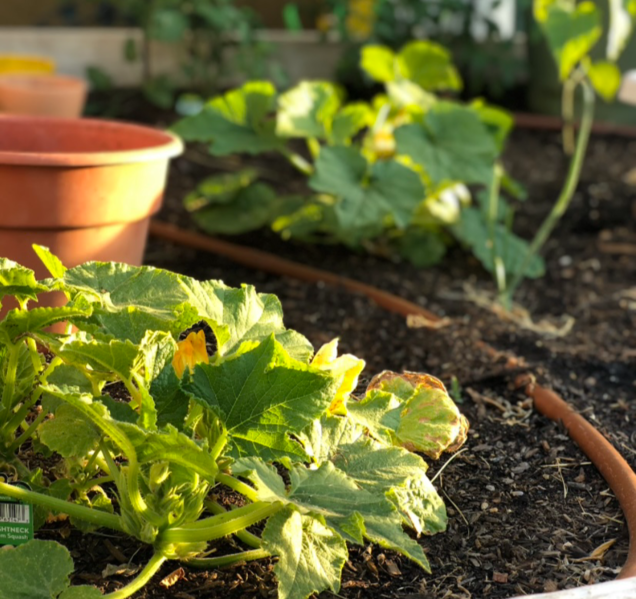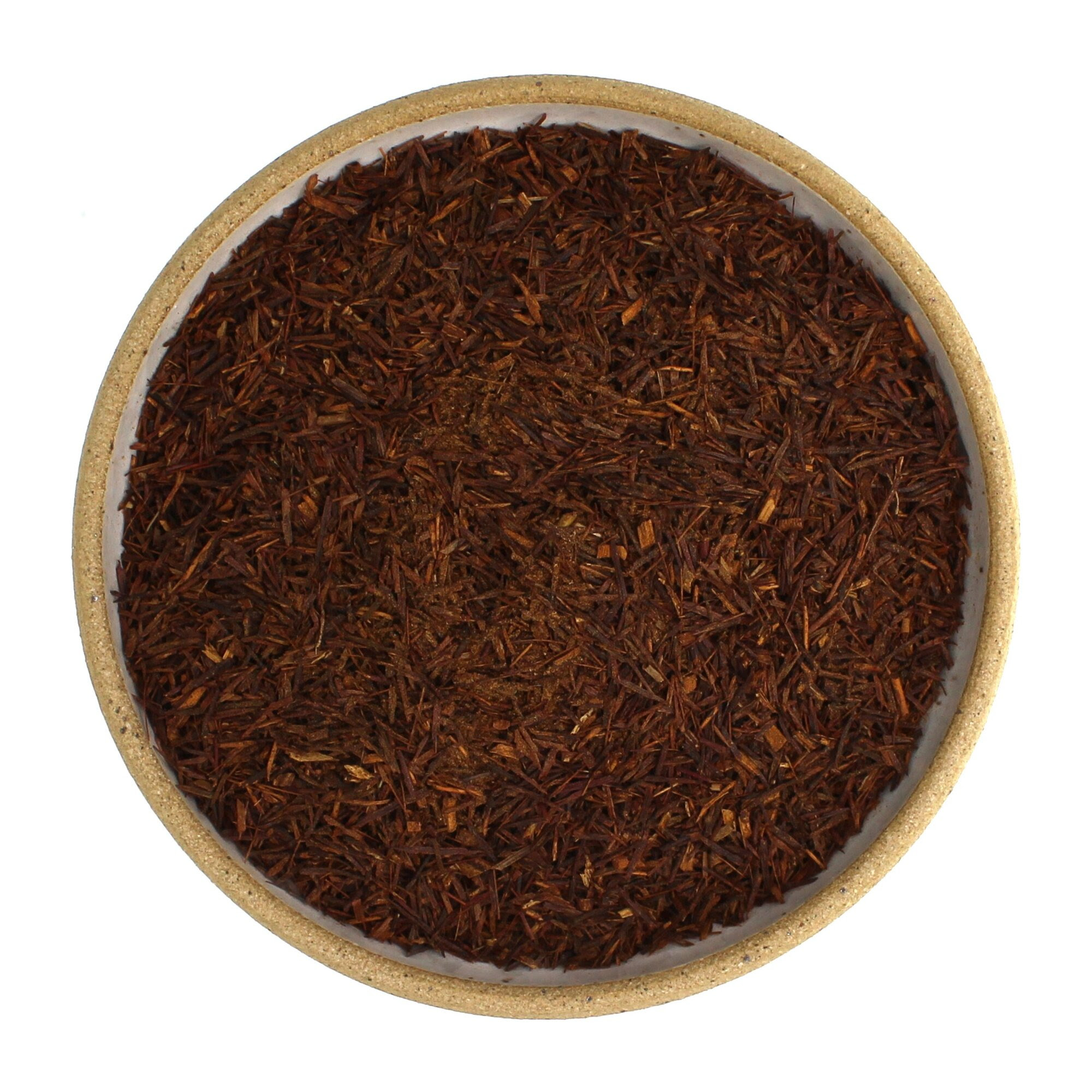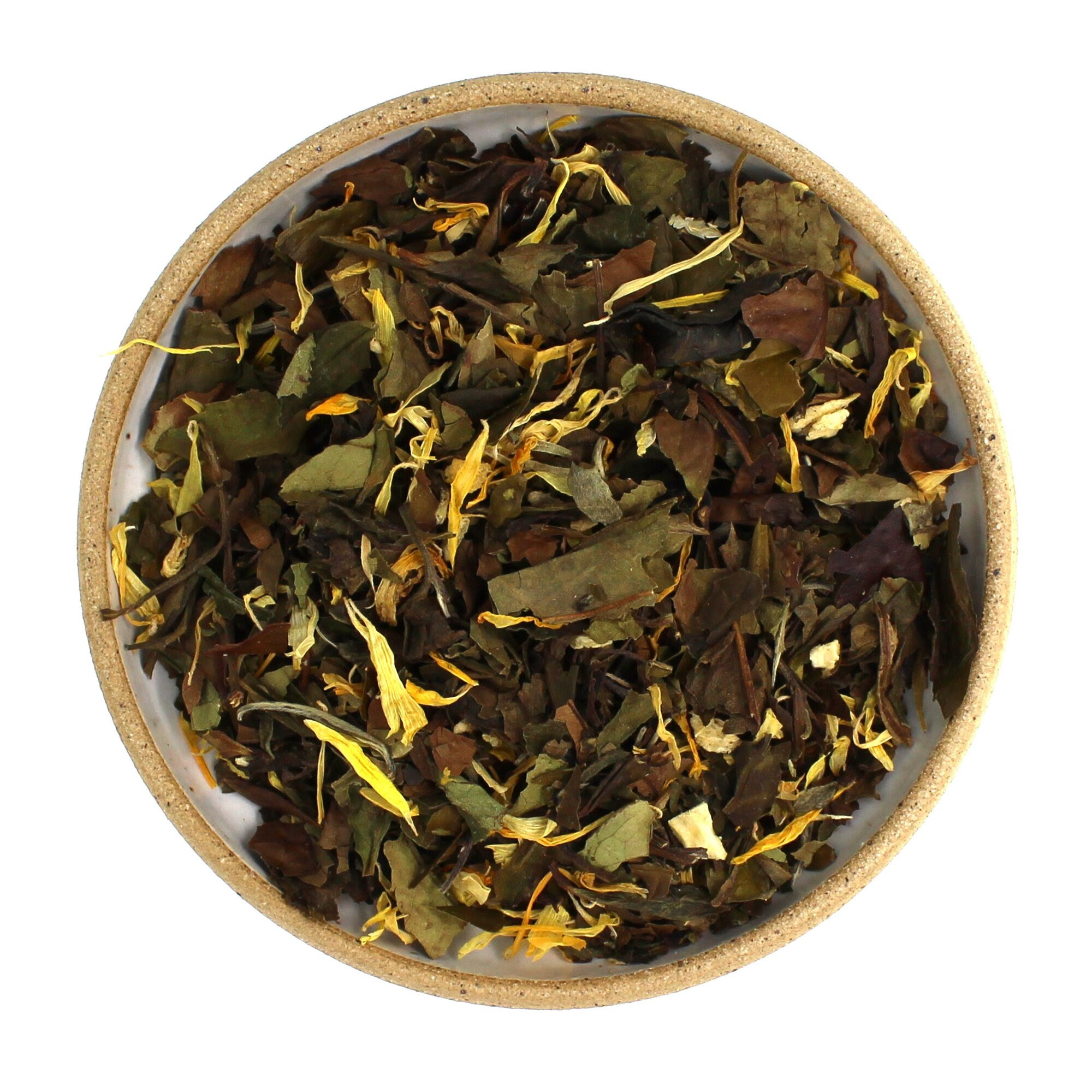
EASY COMPOSTING 🌱
Share
Composting Made Easy
+ tea leaves you should definitely throw in your heap.
🌱 🌱 🌱
Composting is a mutually beneficial practice for the Earth and yourself, as your food scraps can add nitrogen, moisture and carbon to your planting soil that allow your plants to grow healthy and strong. Composting is one of the easiest ways to reduce your waste and pretty much everyone can do it! Whether you live in a house with a backyard or an apartment in the city, there is a method of composting for you!3 Methods of Composting:
- If you don't have access to a yard, try vermicomposting! This method utilizes the power of worms (and their poop) and is low maintenance and inexpensive. You need lots of worms, which you can buy online, a worm bin, soil, some paper, and a proper ratio of green to brown organic waste. Combine shredded paper, soil, and just enough water to dampen everything. Put the mixture into the bin and fill the bin about three inches deep. Add your worms to the mixture and let them get used to it for a day before feeding them fruit and veggie scraps!
- If you have access to a yard, this method is the most traditional way and is best for those who don't mind being hands on. Heap composting requires organic green and brown waste to be piled in a heap and left to decompose. First, a layer of carbon rich brown materials create the base, then layers of browns and greens are added! Once the pile reaches about three feet, compost is formed quickly, as long as it’s turned every three to five days.
- For those that are on the go with busy lives, investing in a countertop composter is a great option! These bins are usually made with airtight lids and activated charcoal filters to trap odors. Just add your fruit and veggie scraps, coffee grounds, egg shells, tea leaves, and even house plant trimmings to the container, then dump your scraps into a larger compost pile or bin outside. You also can bury your decomposed scraps under your garden or incorporate into your soil.
Did you know that composting tea leaves is incredibly beneficial for your plants?
Tea leaves are rich in nitrogen, carbon and oxygen! Decomposing tea leaves aid in moisture retention, weed suppression and of course, nourish plants. Not to mention, tea leaves are superfood for worms!
PRO TIP:
If you don't have a compost pile, but still want to do good for Mother Earth, simply spread brewed tea leaves directly on the ground around the base of acid loving plants like roses, fruit trees, vegetables, and pines!
Recommended Teas To Compost:
Horchata is blended with cinnamon, which aids in keeping the bad plant-like organisms out of your heap.
Genmaicha is blended with rice kernels! Rice is a great moisture retainer, and will add that essential moisture element to your heap.
White Peach is blended with peaches, which fall into the high-nitrogen category of compostable materials.




